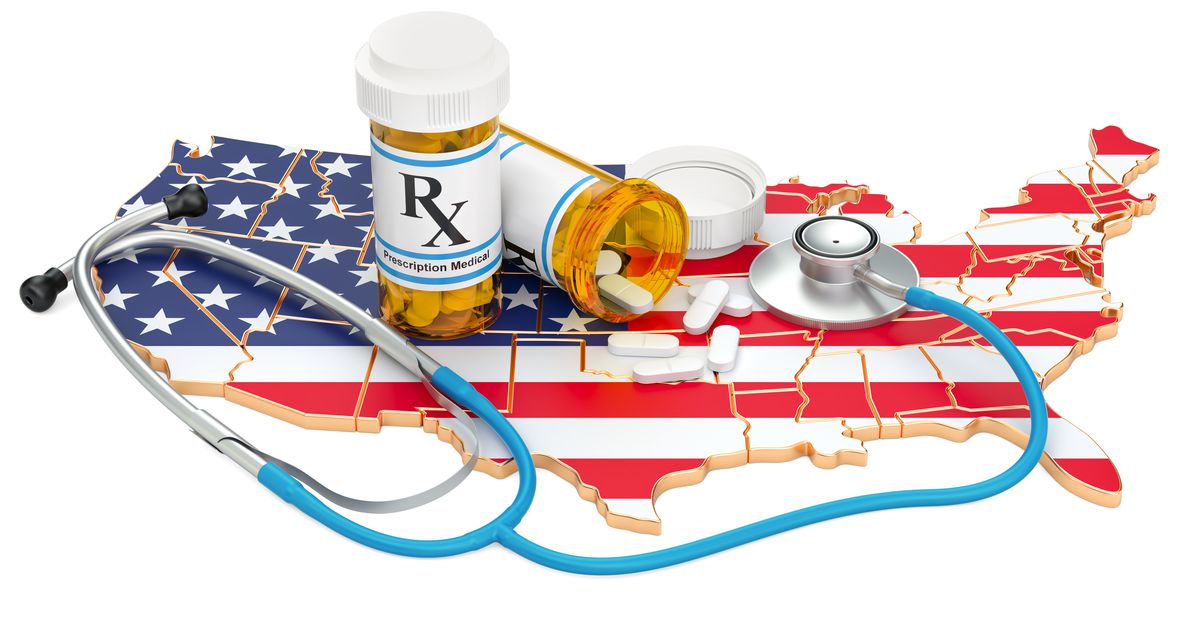- cross-posted to:
- health
- cross-posted to:
- health
Ten states have uninsured rates below 5 percent. What are they doing right?
Universal health care remains an unrealized dream for the United States. But in some parts of the country, the dream has drawn closer to a reality in the 13 years since the Affordable Care Act passed.
Overall, the number of uninsured Americans has fallen from 46.5 million in 2010, the year President Barack Obama signed his signature health care law, to about 26 million today. The US health system still has plenty of flaws — beyond the 8 percent of the population who are uninsured, far higher than in peer countries, many of the people who technically have health insurance still find it difficult to cover their share of their medical bills. Nevertheless, more people enjoy some financial protection against health care expenses than in any previous period in US history.



“Everybody has health insurance” is not universal health care. I have health insurance and thousands of dollars of medical debt. And it’s good insurance.
I was about to say, OP is either pushing something or a moron.
I’m sorry to hear about your situation. This article focuses more on efforts to reduce the number of uninsured people and is aware of what you’re saying about costs:
That’s great and I’m glad to hear it. It still isn’t universal healthcare by any means. Universal healthcare means removing profit motive from the system.
Yeah the article seems to draw the definition from this:
https://www.acpjournals.org/doi/10.7326/M19-2415
You are wrong. “Universal health care” has nothing to do with removing profit motive. It just means everyone has access to health care, be that through public or private (ie profit-driven) insurance.
I think you’re meaning to say “single payer” health care, which is where the government spends a portion of tax revenue to pay for health care for everyone.
Yes, with the additional qualification that it does not cause financial hardship. The US does not have this.